Last Updated on July 31, 2021

A note: This is a mostly spoiler-free review. However, it’s also mainly meant for people who’ve already seen ALIEN: COVENANT, as I won’t be providing an extended synopsis or detailed descriptions of scenes. So consider this a place where you can post your own opinions on the film below after enjoying my rantings and ravings.
REVIEW: One must give ALIEN: COVENANT this: for better or worse, it will be a movie argued over for years to come. Already you can see, based on early reactions, that there’s something of a Love It or Hate It thing going on with the Ridley Scott film. (Or, short of that, a Liked It A Lot or Really Don’t Like It thing.) The tenor of the conversations after PROMETHEUS, COVENANT’S predecessor, was similar: it’s a divisive film that leaves some feeling jubilant, others frustrated and confounded.
Mark me in the second camp (and, incidentally, our own Jake Dee in the former). I found ALIEN: COVENANT to be an ungainly, unappealing mess, stopping just short of being the interesting mess that PROMETHEUS is. That film had intriguing ideas and fantastic visuals that were ultimately undone by sloppy characters and questionable plot machinations. COVENANT gives us more of the same faux-philosophical musings that littered PROMETHEUS, only this time they’re packaged in a movie that is markedly less provocative. In fact, COVENANT’s main themes feel like holdovers from Ridley Scott’s BLADE RUNNER, what with its somber androids feeling such melancholy contempt for their human creators. A lot of COVENANT is Scott on autopilot, cribbing notions and set-pieces here and there from older movies (mostly his own) and showing only a workmanlike interest in the proceedings. PROMETHEUS is deeply flawed, but it has a palpable energy and drive that makes it clear an inquisitive filmmaker is at the helm. COVENANT is just a schlocky B-movie that went to Metaphysics 101 for a semester.
The war between ALIEN and PROMETHEUS is deeply apparent in COVENANT, as it wants to be successful at both films’ hallmarks and succeeds at neither. The original ALIEN is a gory horror flick made with precision and class, while PROMETHEUS is a sci-fi adventure that probes timeless questions about who we are, why we’re here, where we came from, etc. It’s evident COVENANT was meant to be a straight-up sequel to PROMETHEUS for a time (years ago, Scott could not have been clearer in his opinion that he was sick of all things xenomorph), but at some point the need for basic alien action was introduced. Though PROMETHEUS is of course a prequel to ALIEN, it is not precisely an ALIEN movie, hence COVENANT’s being a sequel to one movie and prequel to another adds up to an uncomfortable concoction. It’s neither smart enough to make us think deep thoughts nor satisfyingly ghoulish enough to work as a funhouse horror picture. Frankly, a great deal of it is boring, especially a disastrous second act that stops any momentum built during the just-OK first act’s climactic splatterfest.
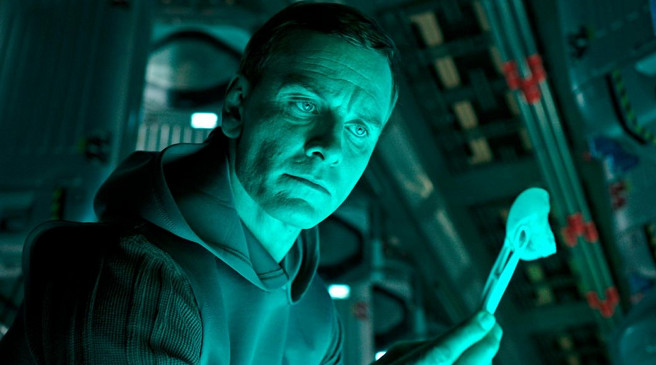
Michael Fassbender’s David, stranded ten years on the engineers’ planet and plotting terrible things for all of mankind, is the whole show in the film’s second half, and in my mind a little David goes a long way. Fassbender is very good in the role (as he is as Walter, David’s plain-spoken counterpart), but the fascinating character David was in PROMETHEUS has now been turned into an almost Hannibal Lecter-like weirdo with a fondness for droll humor and snidely vanquishing unsuspecting victims. Armed with an assortment of witticisms and parables, David now has the attitude of a self-aware supervillain, which negates any of the mystique the subtly ominous synthetic human had built up the last time. Soon after COVENANT makes way for David to take center stage, the character’s smirking, childlike line-readings grow tiresome and repetitive. David is an uppity nuisance, and his plot to wipe out humanity is wholly uninvolving to the point of feeling arbitrary. Actually, David is such an over-the-top character that Scott starts aiming for tongue-in-cheek laughs during his scenes, which may very well work for people who are feeling bored at this point of the picture. David has gone from creepy supporting character to Midnight Movie star, spouting silly lines that the audience can feel free to say along with him in between chuckles. (His scene with the emerging xenomorph is already a camp classic.)
Because David is a dick and there are no human characters we really care about – Katherine Waterston, Danny McBride, Demian Bichir are fine and all, but you never really give a hoot about them – it’s up to Scott to make the horror sections of the movie really pop. He doesn’t. Instead, he and the four screenwriters fall back on horror tropes that were humdrum in the 80s: A character wandering off to “clean up” knowing there are alien beasties running around? Another character idiotically sticking his face into a hatching alien egg at the urging of David, who has already proven to be totally untrustworthy? A shower scene in which two characters have sex literally an hour after losing 90% of their friends and co-workers? It’s so hard to believe Scott and his scribes can’t stage more exciting sequences with their combined years of experience in the genre. No, COVENANT’s action set-pieces stink of laziness, with only a handful of engrossing moments standing out (a tumultuous take-off with a xenomorph attached to the ship, a nasty “back-bursting” scene). It never helps that the aliens themselves look quite poor. CGI does not suit the xenomorph – there’s no weight to it – and the less said about the goofy, cartoonish neomorphs, the better. Only poor old facehugger looks just right.

Finally, COVENANT makes the mistake of all bad prequels: it over-explains and demystifies its villains and enigmas. When I watch STAR WARS, I don’t want to think about THE PHANTOM MENACE, and when I watch ALIEN, I don’t want to think about COVENANT. I know, one doesn’t have to, but it’s throughly frustrating that it’s even there to begin with. Maybe because there’s nothing left to do with this series, Scott and the rest feel the need to spell out exactly how these xenomorphs came to be, as opposed to just allowing them to be monstrous otherworldly creatures. Who wants that? ALIEN and ALIENS work so well because they’re simple and straightforward; they don’t have time to parse through every damn mystery and deliver answers to questions no one asked. COVENANT’s greatest fault is shining a light on the darkness, making it clearer and relinquishing it of its unseeable dread. Not knowing what’s in the dark is the scariest part, something COVENANT absolutely does not understand.






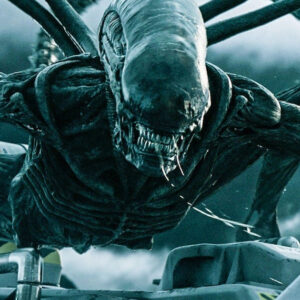

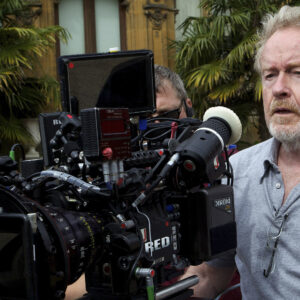
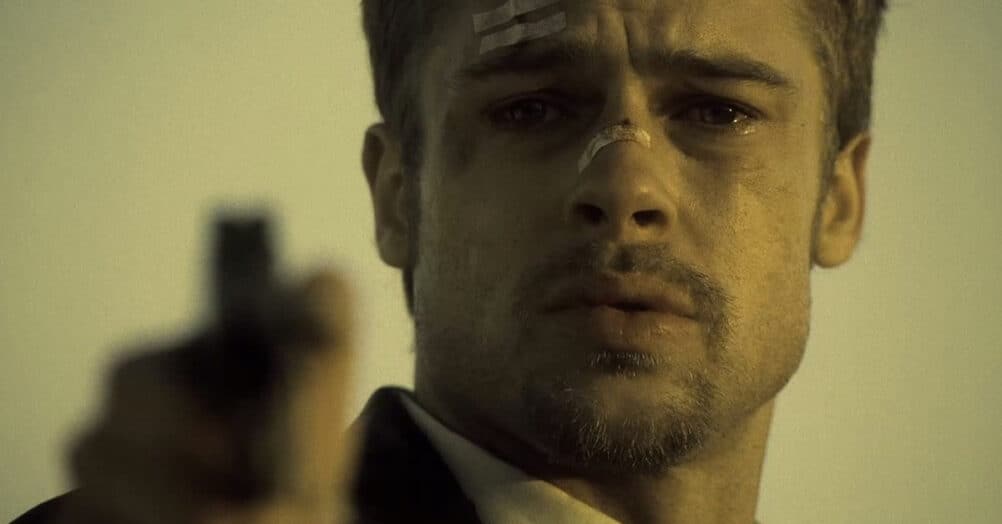

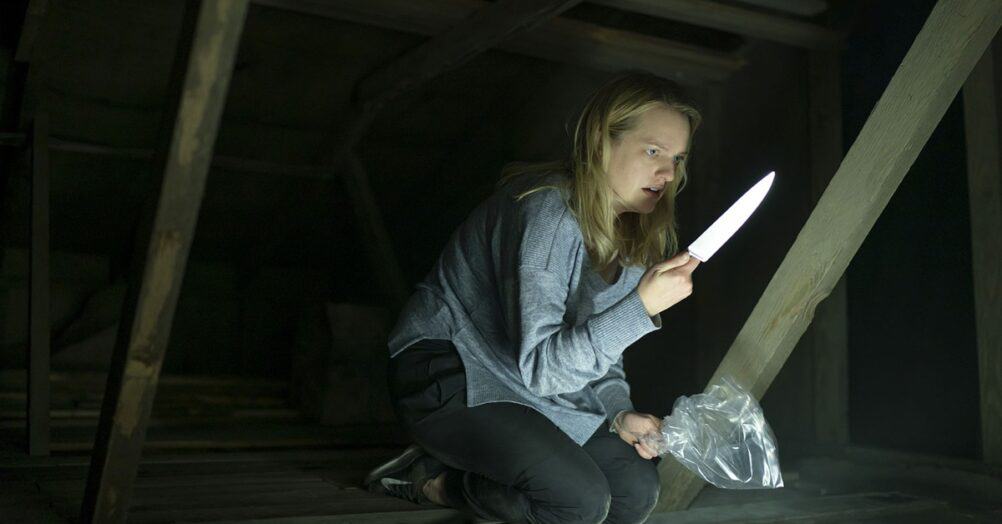

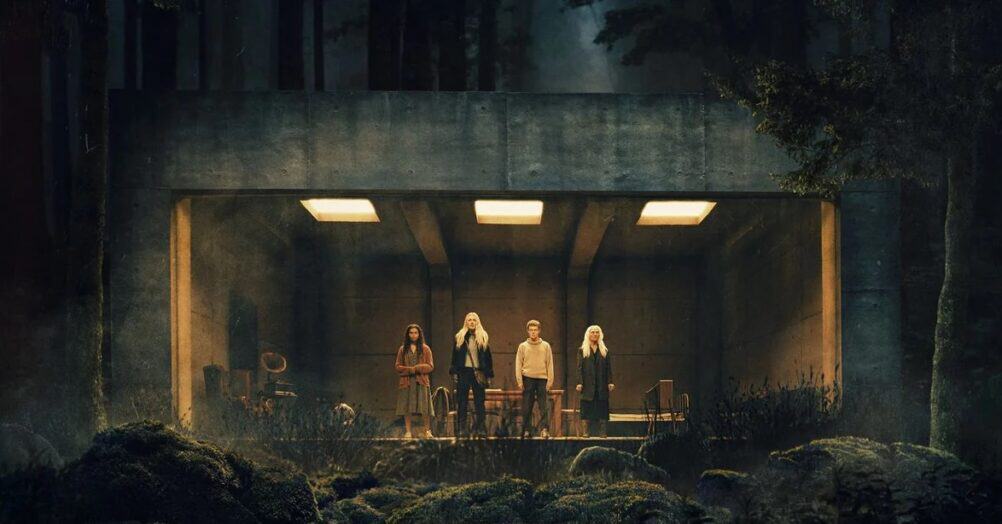


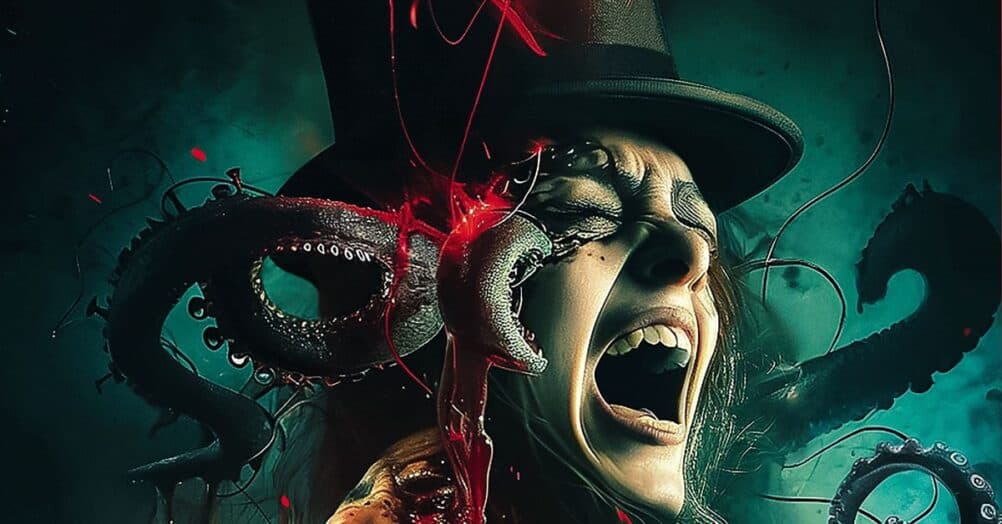

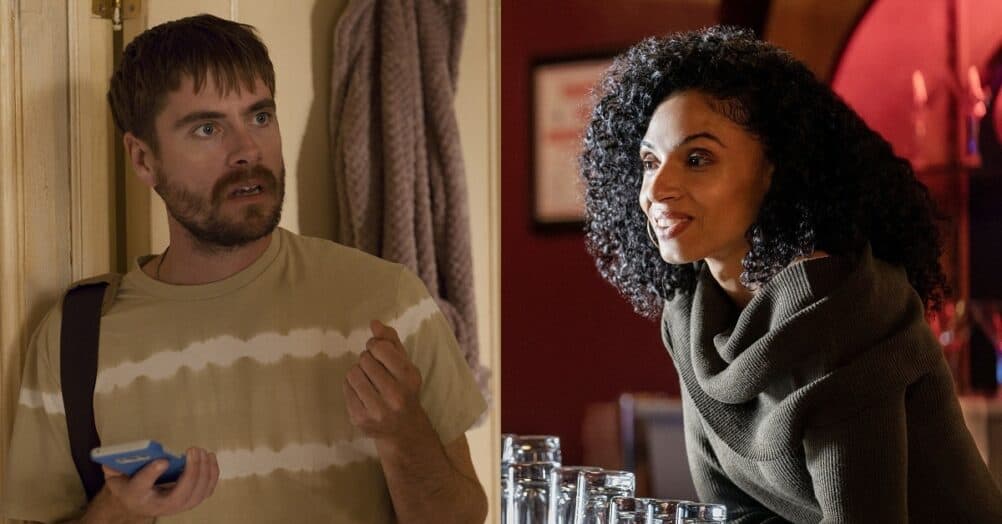
Follow the JOBLO MOVIE NETWORK
Follow us on YOUTUBE
Follow ARROW IN THE HEAD
Follow AITH on YOUTUBE